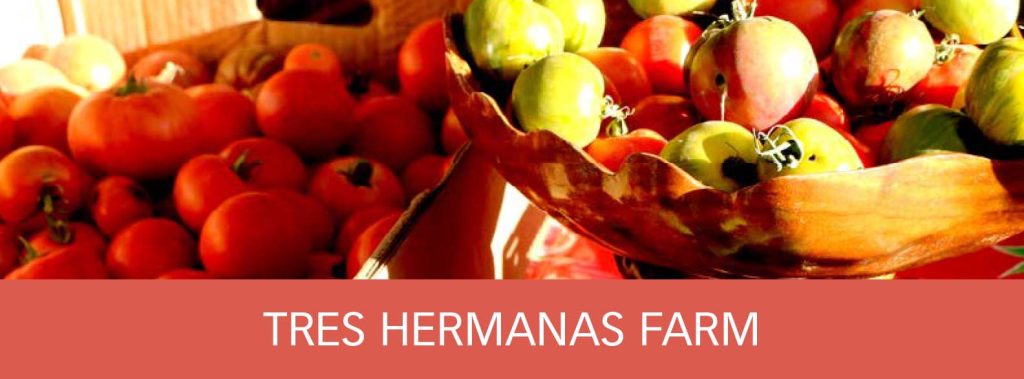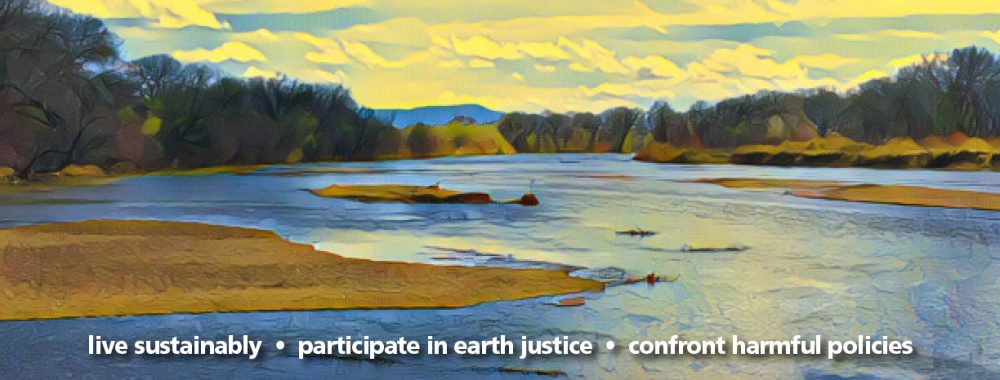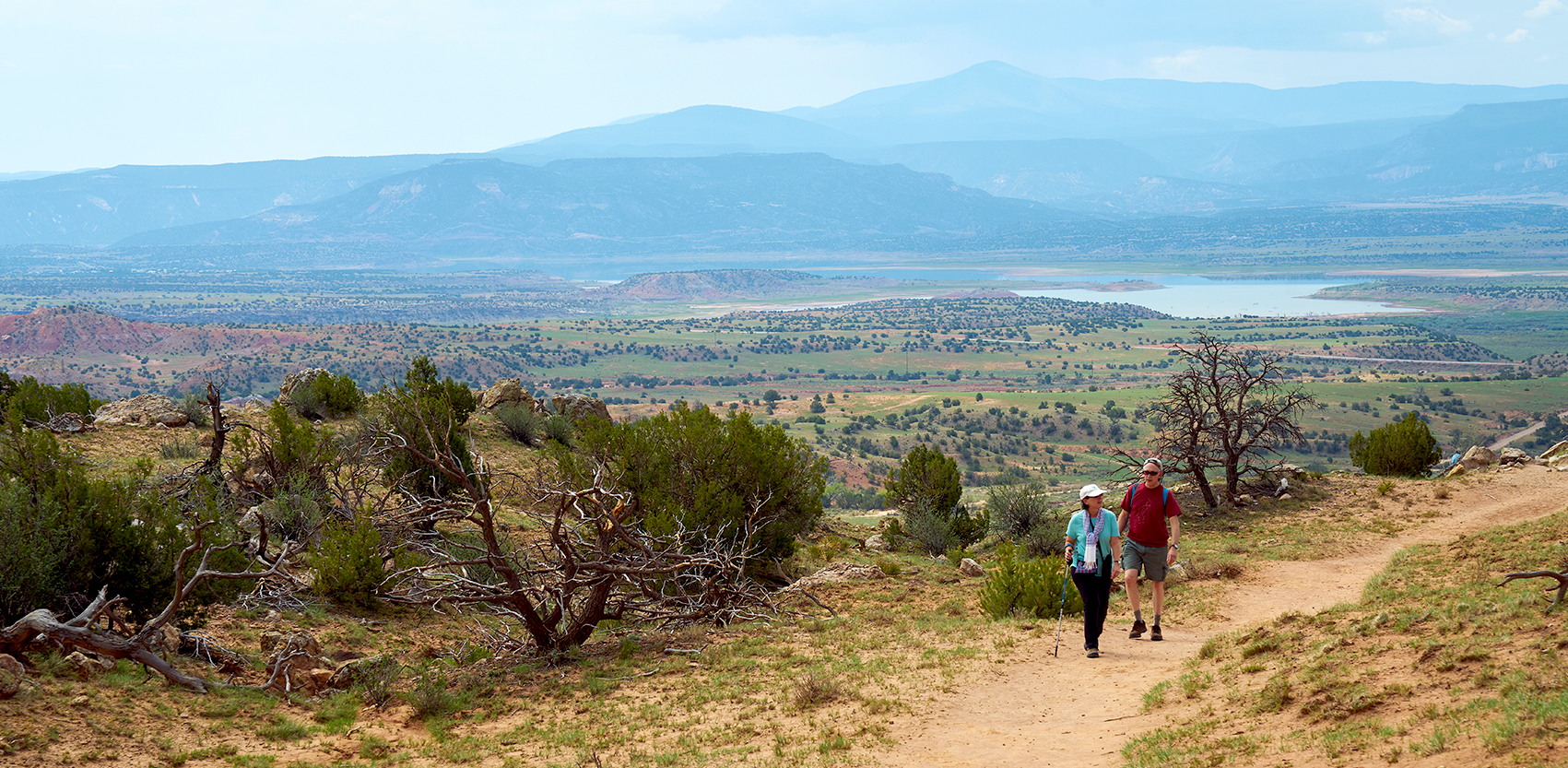
Interview by Nancy Harmon
Many thanks to Elli Levy, the project coordinator for Tres Hermanas Farms, for this interview. Elli has a master’s degree in agroecology, the study of sustainable agriculture, and experience working at Los Poblanos and other organic farms around the world.
Tell me about your farm and how and why you got started.
Tres Hermanas Farm was created thanks to a grant from the Office of Refugee Resettlement to Lutheran Family Services to provide training and support for refugees to pursue careers as farmers. We provide land, tools, seeds, water, instruction, and community support to help program participants gain the knowledge and skills they need to be successful farmers. Our clients are mostly from the Central African Republic, Afghanistan and Cuba. Many of them start by working in the community gardens we partner with in Albuquerque, and then progress to taking on larger plots of land at Tres Hermanas Farm. We sell produce at the Downtown Growers’ Market twice a month, and we have also worked with other local vendors such as La Montañita Coop and Mogro. In terms of pricing the produce, each farmer gets to decide their own pricing, and while we might let them know what other sellers are asking for to provide context, it is ultimately each individual person’s decision.
What special considerations are needed to farm in New Mexico?
Water scarcity is definitely a concern. We are adjusting our growing practices by expanding our drip irrigation system, as well as choosing to grow crops that are better adapted to our environment. For example, NMSU recently donated cayenne and habanero chili pepper seeds that they developed for this climate, and we will be processing most of the chilies we harvest into hot sauce in order to add value to those crops, resulting in a higher income for our farmers. Climate change does make it challenging to plan our crop schedule, and we rely heavily on our greenhouse and hoop house to protect plants from things like late hail storms.
What is the economic reality of being a small farmer?
This is a question we are asking ourselves as well, and part of our work involves assessing the economic feasibility of farming as a viable career path. We are testing different methods of generating higher and more stable income through projects like producing hot sauce, but we recognize the fact that there are many hurdles and risks involved in farming, which we can only adapt to. There is no single solution to make being a small farmer more feasible, but we do know that access to land, tools, water, education/training, community support, and distribution channels are vital to helping new farmers get started. In terms of sustaining a career as a small farmer, just growing food is not always enough to make ends meet, and we see other local farmers branching into value-added products, specialty crops, events, and many other creative methods to generate reliable income.
What are the joys and frustrations of being a small farmer and how does the future look to you?
There has been so much community support for both the gardens and Tres Hermanas Farm. This has been very encouraging, and the personal connections our clients make through this program are a wonderful aspect of it. Additionally, working with the land helps familiarize new arrivals to the place they currently live in. We hope that in addition to providing supplemental income, fresh food for their families, and community connection, clients also develop a sense of belonging to this place which is now their home. Last season we had a farmer bring seeds for a plant that was used medicinally in their home country, and the plants thrived here! Now this farmer is able to share that crop with other refugees from their country, and we hope to increase the number of varieties that are familiar to the families we work with. Looking forward, we hope to engage more families in a variety of agriculture-related opportunities, including cooking, nutrition and gardening classes which started this spring, and connecting clients with additional community partners to join them in their resettlement journey.
The farm at 1701 Montano NW welcomes volunteers. Stop by during the week or contact Elli at eliana.levy@lfsrm.org. Check out their website at www.lfsrm.org/treshermanas.

